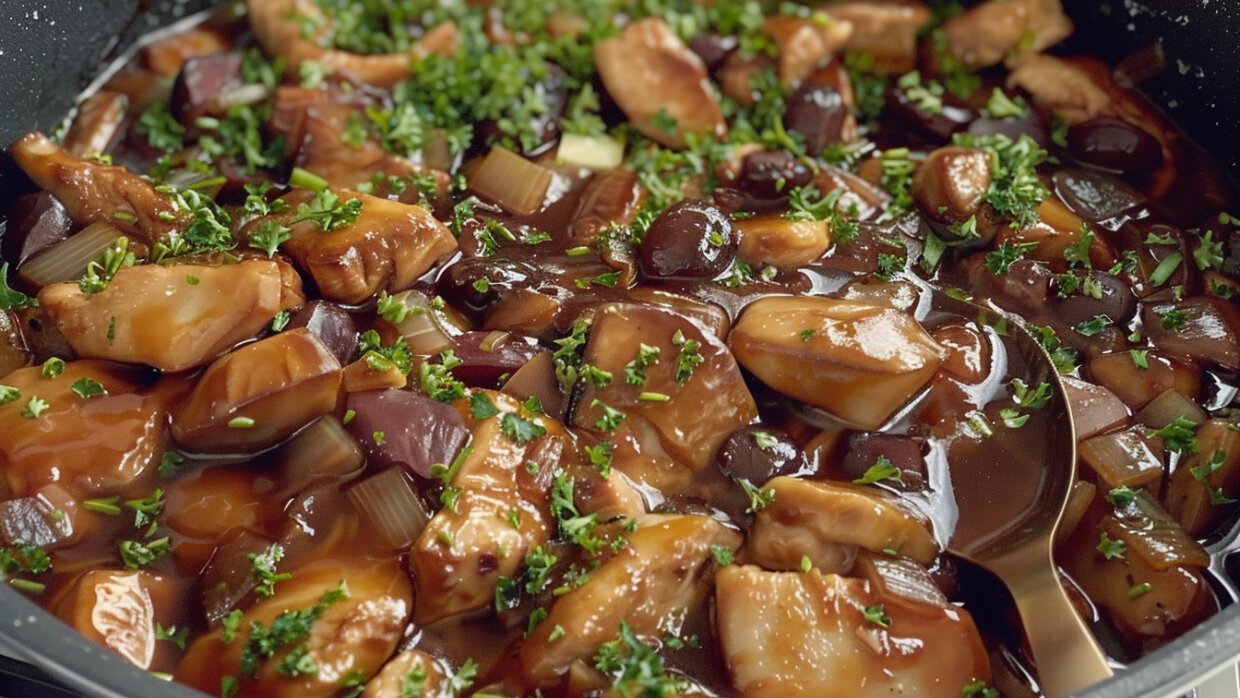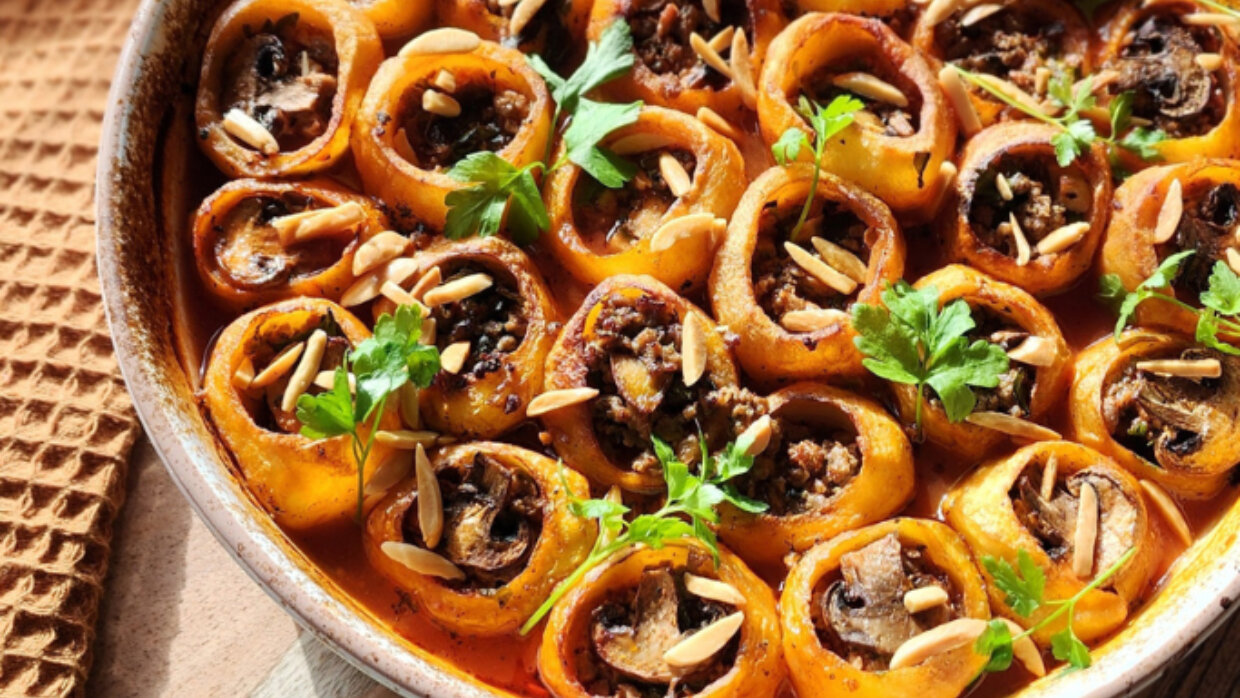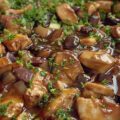The wine world is divided into “old world” countries, such as France and Italy, which have been making wine for centuries, and “new world” countries like South Africa, Chile, and the US, where wine production is much more recent.
When it comes to Israel, which is usually grouped in the “new world” countries, it should really be called an “ancient world” country, says Dr. Shivi Drori, an agronomist and researcher at Ariel University who specializes in ancient grapes found in the land of Israel.
“We are a very ancient people and an ancient country with at least 4,000 years of winemaking,” Drori told Aish.com in an interview. “But the Israeli wine industry is not connected to these ancient times. Today we use mostly cabernet, merlot and other modern grapes. But if we were to use the ancient grapes we become a link in the chain of 4,000 years and that’s a good story.”
It's a good story that also has a long intermission. While wine was made here 4,000 years ago, as evidenced by the hundreds of “gatot” or ancient wine presses around Israel, the local wine industry came to a halt in the 16th century when the Muslim Ottoman Turks took over. As Muslims are not allowed to drink alcohol, the wine industry was decimated.
Then in the late 1880’s Baron Rothchild revived it as Jews began returning to Israel when he opened the Carmel Winery in both Zichron Yaakov and Rishon LeTzion. For the next 100 years or so, most of the wine production in Israel was either sweet kiddush wine or simple table wine.
It was only in 1983 with the founding of the Golan Heights Winery that Israel’s modern wine industry took off, which today numbers more than 300 wineries producing more than 40 million bottles a year, some of it winning international prizes.
The vast majority of the wines made in Israel are international grapes grown around the world – cabernet sauvignon, merlot, shiraz. But Drori says he has isolated more than 80 varieties of grapes that were grown in ancient times and survived for thousands of years, mostly in the West Bank. Local Arabs in the region used them as table grapes. Drori says in his lab at Ariel University he is testing them to see if they can be made into wine.
In the Gvaot winery in Givat Harel near the Jewish settlement of Shiloh, he is already making wine with three of these grapes – a red called Bituni, and two white varieties, one called Hamdani or Marawi, which he describes as a “very neutral variety similar to Chenin Blanc'' and one called Jendali, “a more aromatic variety somewhat similar to Muscat.” These two white grapes are blended together in a light refreshing white wine.
A non-kosher winery near Bethlehem also makes a Hamdani-Jendali blend that won first prize in a tasting of white wines from Israel and the West Bank. The Recanati winery also makes Marawi wine.
Winemaker Shivi Drori says these wines are just the beginning. He is already working on several other wines, including one called Yael and one called Be’er. He says that you can already buy the seeds in local nurseries and the wine will be out in the next few years.
One advantage of these local grapes is that they are suited to Israel’s local terroir. There has been a lot of discussion in the wine industry about whether Israel should be growing international grapes like cabernet sauvignon or more local grapes like Argaman and Marawi.
Drori says that these local grapes are not genetically different from modern grapes, but they can give us a connection to the wine world of ancient times. Israeli wine also suffers from a well-known marketing and image problem. Most, although certainly not all, Israeli wines are kosher, which many consumers interpret as sweet, sacramental wines. Israeli wines are often put on the kosher shelf and ignored by non-Jewish wine drinkers.
In Europe, Drori says, governments support the wine industry, but in Israel that doesn’t happen. He said that Israel should help fund marketing efforts for the wine industry and that the wine varieties from ancient grapes could also spark more wine tourism to Israel.














